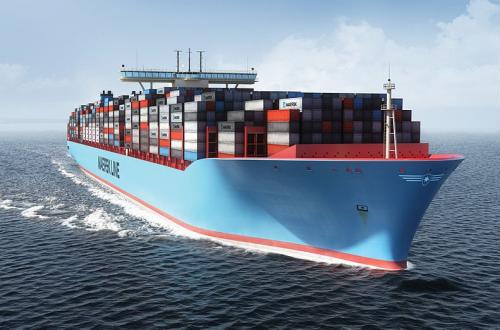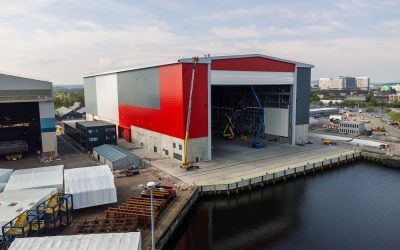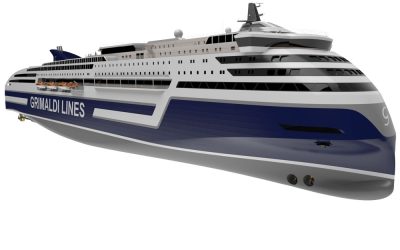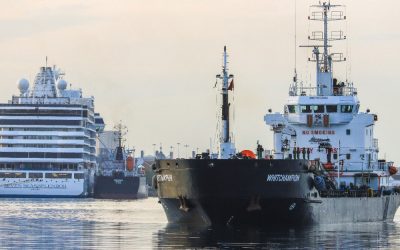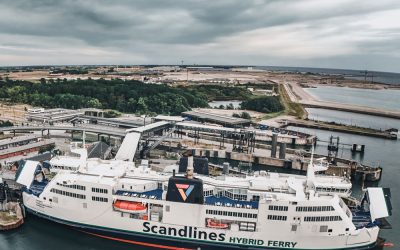By Malcolm Latarche, correspondent
With COP 26 and MEPC 77 both on the horizon, it was always certain that the subject of decarbonisation would be high on the list of hot topics for September news stories. Ever since MEPC adopted the EEXI and CII rules for existing ships this has been the subject of many debates and seminars over how to meet the requirements although with no real conclusion as to the best choice. As well as existing ships, the future is no less certain for newbuildings, given that alternative fuels are not yet available in any quantity even where the technology exists for them to be adopted.
September opened with Maersk – which had ordered a series of eight methanol-fuelled 16,000teu boxships in August – admitting that the decision would be a costly one with regard to bunkering. Analyst S&P Global Platts quoted Maersk’s head of Decarbonisation Innovation and Business Development, Jacob Sterling, as saying: “There will be a roughly two-fold increase in the cost of fuelling these ships. The renewable methanol will cost at least as much as conventional fuel oil on a metric tonne basis and as methanol’s density is around half of fuel oil’s this implies the renewable fuel will cost about twice as much.”
Sterling also mentioned that all future Maersk vessels will be dual-fuelled and that the company’s bunkering procedures would probably need changing. The new vessels will need around 360,000tonnes of methanol each year and securing the fuel “will be a challenge and could mean less of a focus for the methanol-powered ships on traditional bunker hubs, such as Rotterdam, than for conventionally-fuelled ships.
“Especially in the beginning, we will have to be a little creative about where we bunker… Especially in the first years, when the supply of green methanol will be scattered in different places,” Sterling said, adding: “Putting a price on carbon will be crucial to making new bunker fuels economically viable”.
Well to wake assessment
That issue was raised shortly afterwards when the Methanol Institute (MI) said in a statement that all fuels should be assessed on a well to wake basis rather than the approach being taken by the IMO in regulating emissions.
According to MI, applying a well-to-wake approach would provide an investment signal, foster innovation in renewable power generation and avoid transferring the reallocation of GHG emissions to upstream fuel production processes. MI chief executive Gregory Dolan said, “The tank-to-wake approach currently used by IMO undisputedly places the burden of GHG emissions solely on shipowners and it implies that to achieve decarbonisation, they are held wholly responsible for ensuring decarbonisation of the sector.
“A well-to-wake approach would share the burden with fuel suppliers, power generators, port authorities and national governments – we cannot just look at what happens in the engine room and ignore how the fuel got there in the first place”.
By granting vessels propelled by ammonia or hydrogen from natural gas ‘zero-emissions’ status, policymakers ignore the fact that they emit more GHG than any of the other potential alternative fuels. If policymakers truly intend to apply a metric to GHG emissions which reflects reality instead of a false impression of progress, the well-to-wake approach represents the only viable path forward.
Although methanol has its proponents, Platts does not seem convinced that it will be a fuel of choice for many, predicting that by 2030, only around 80 vessels will be operating on methanol.
